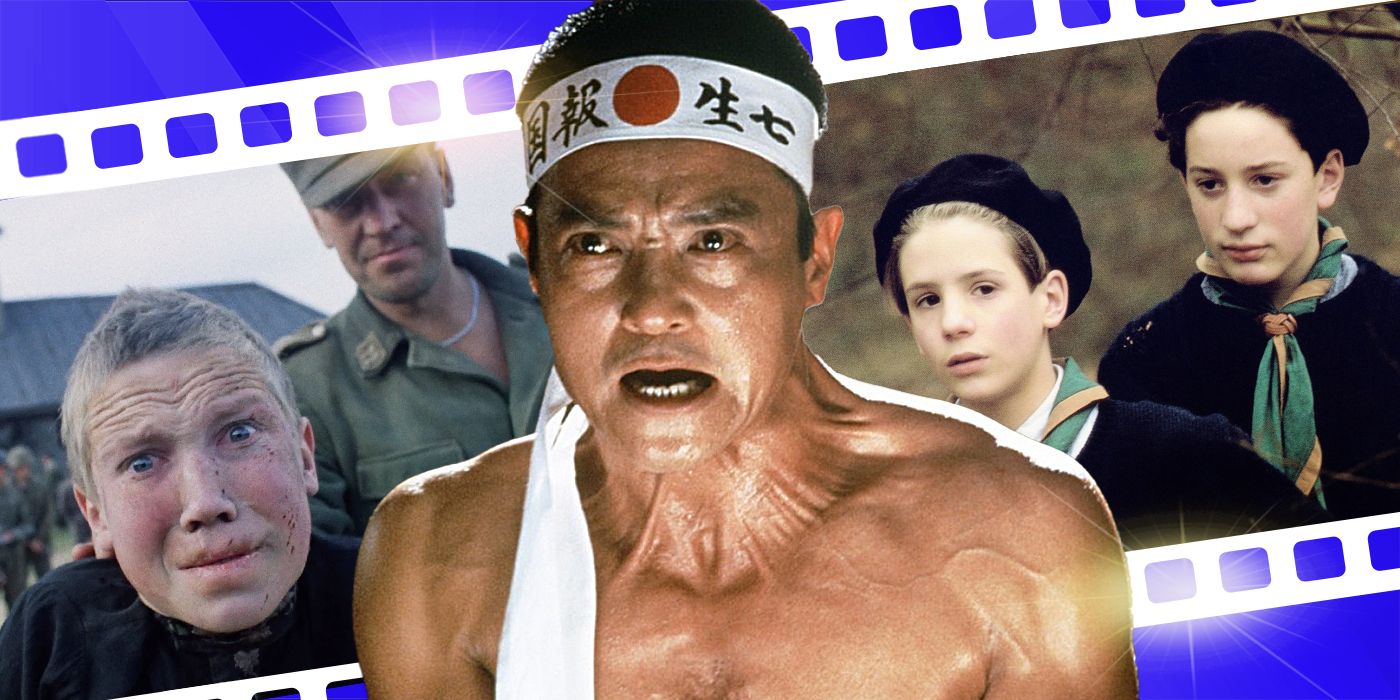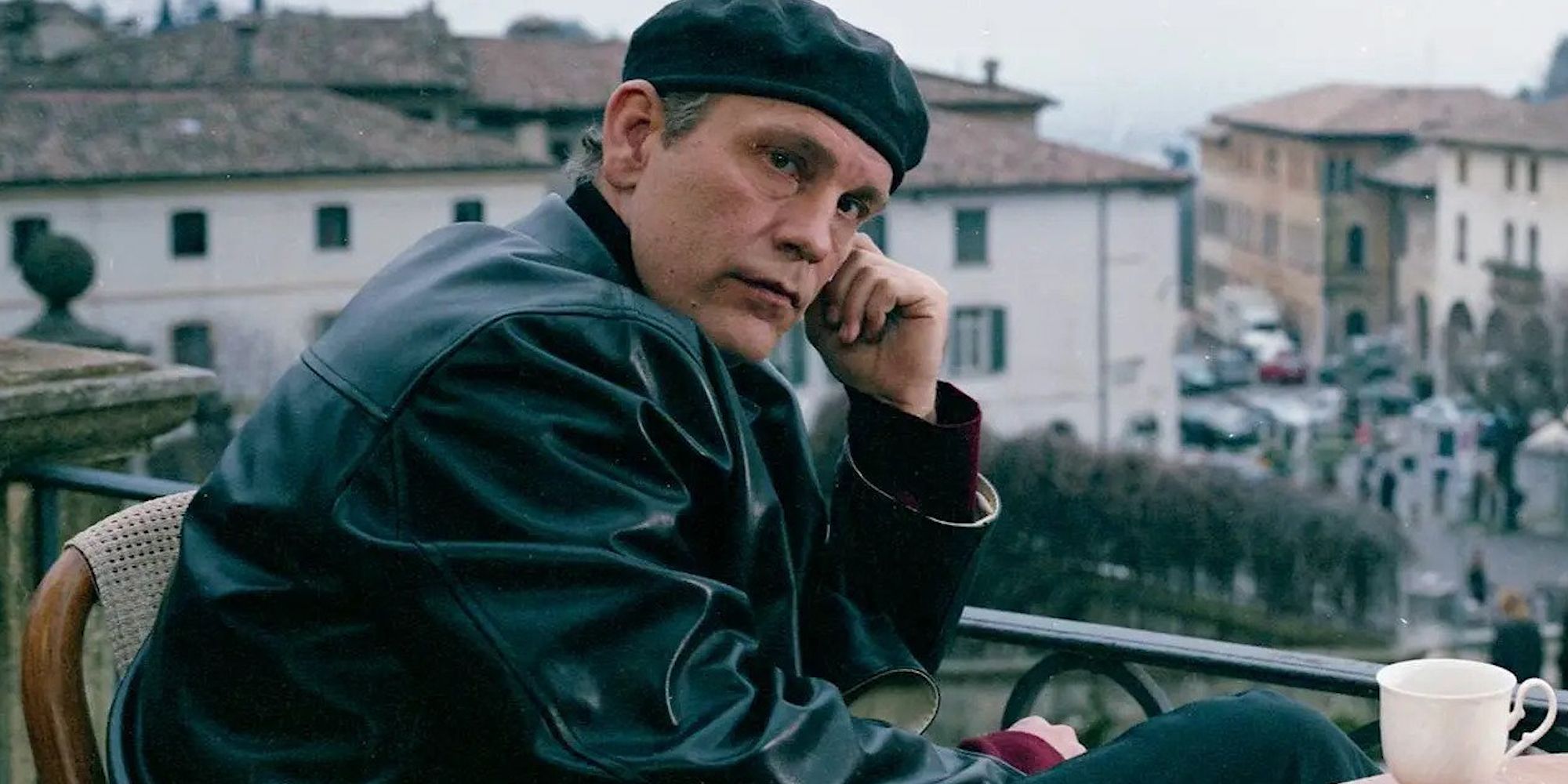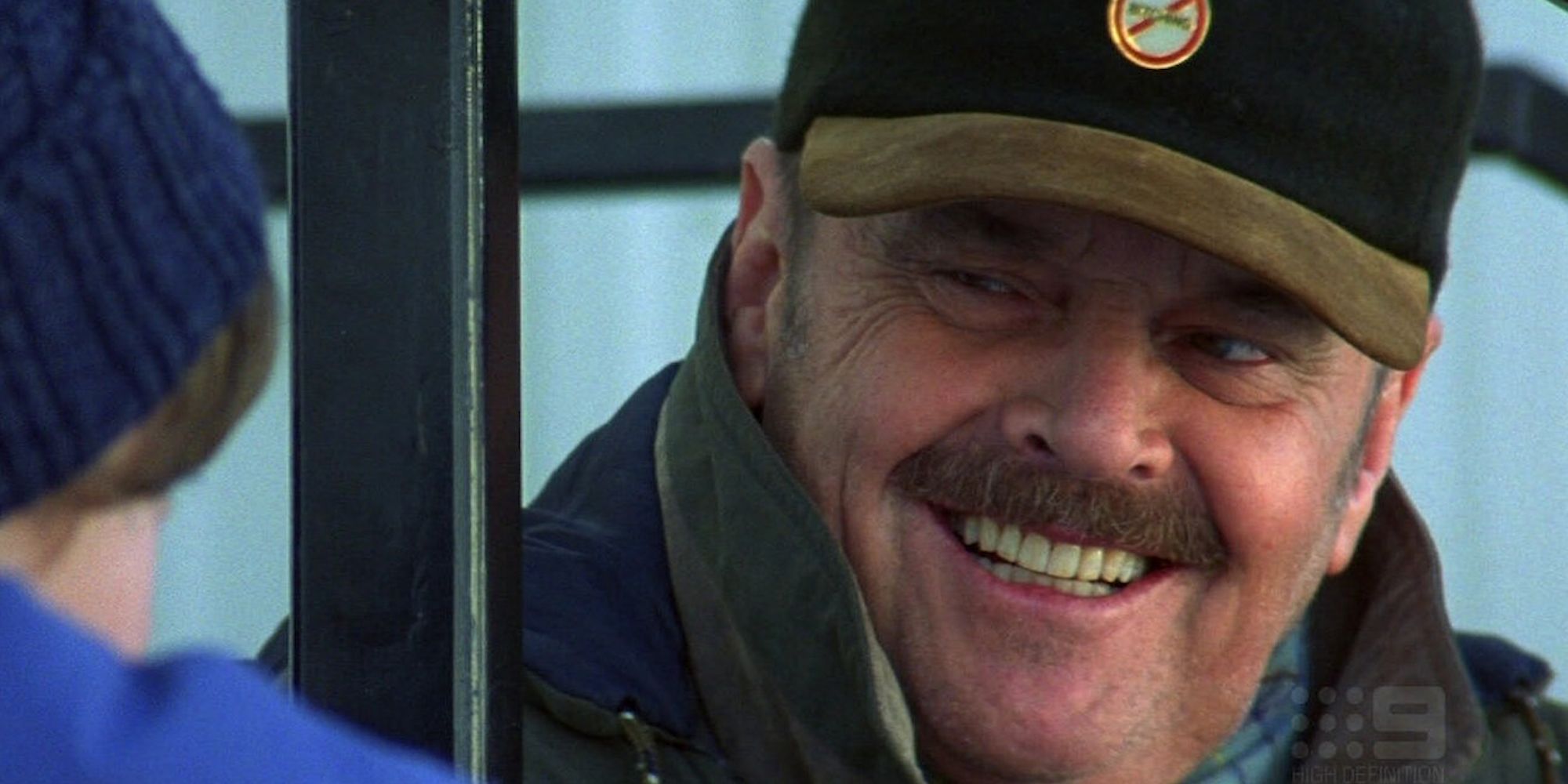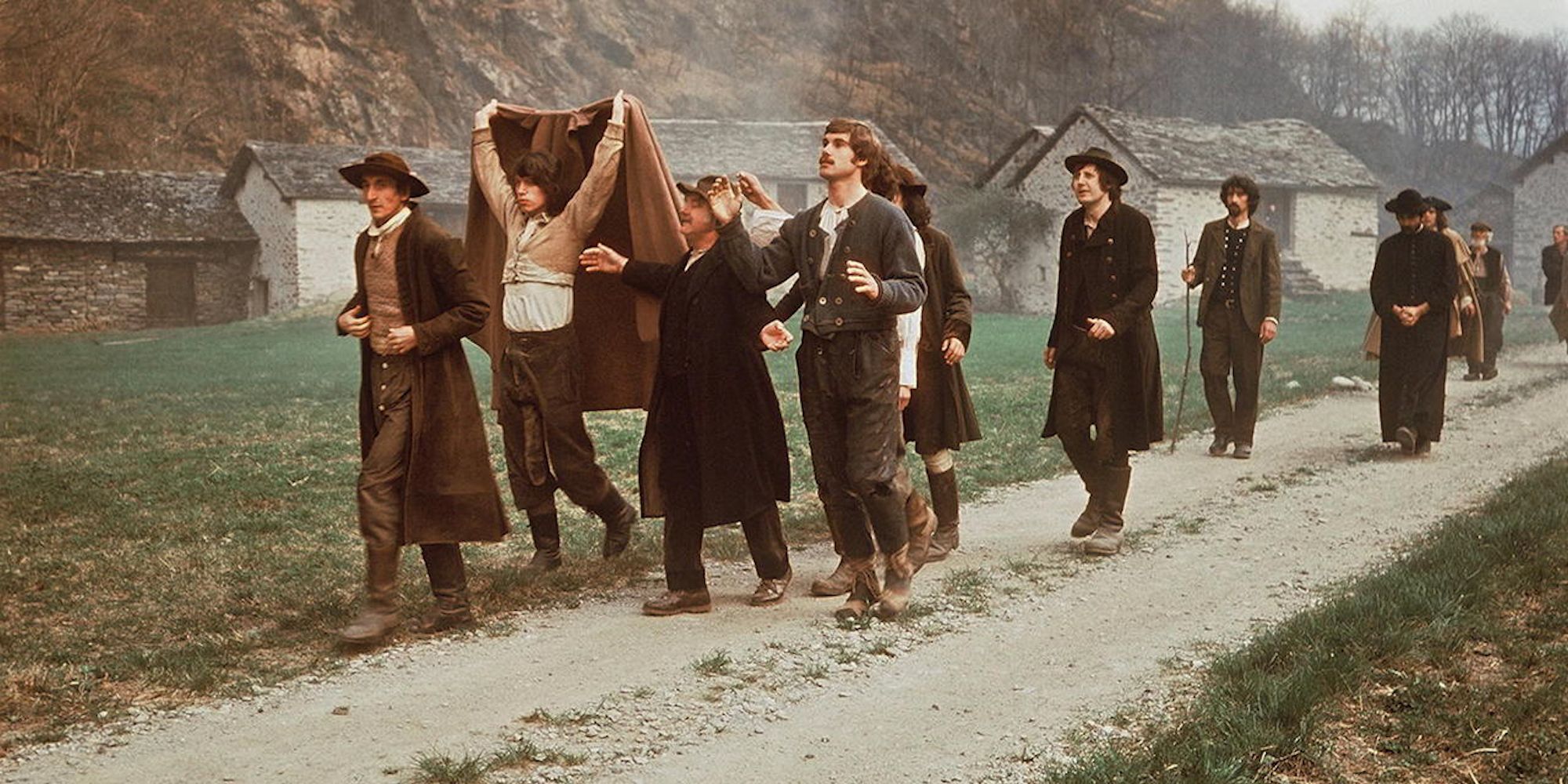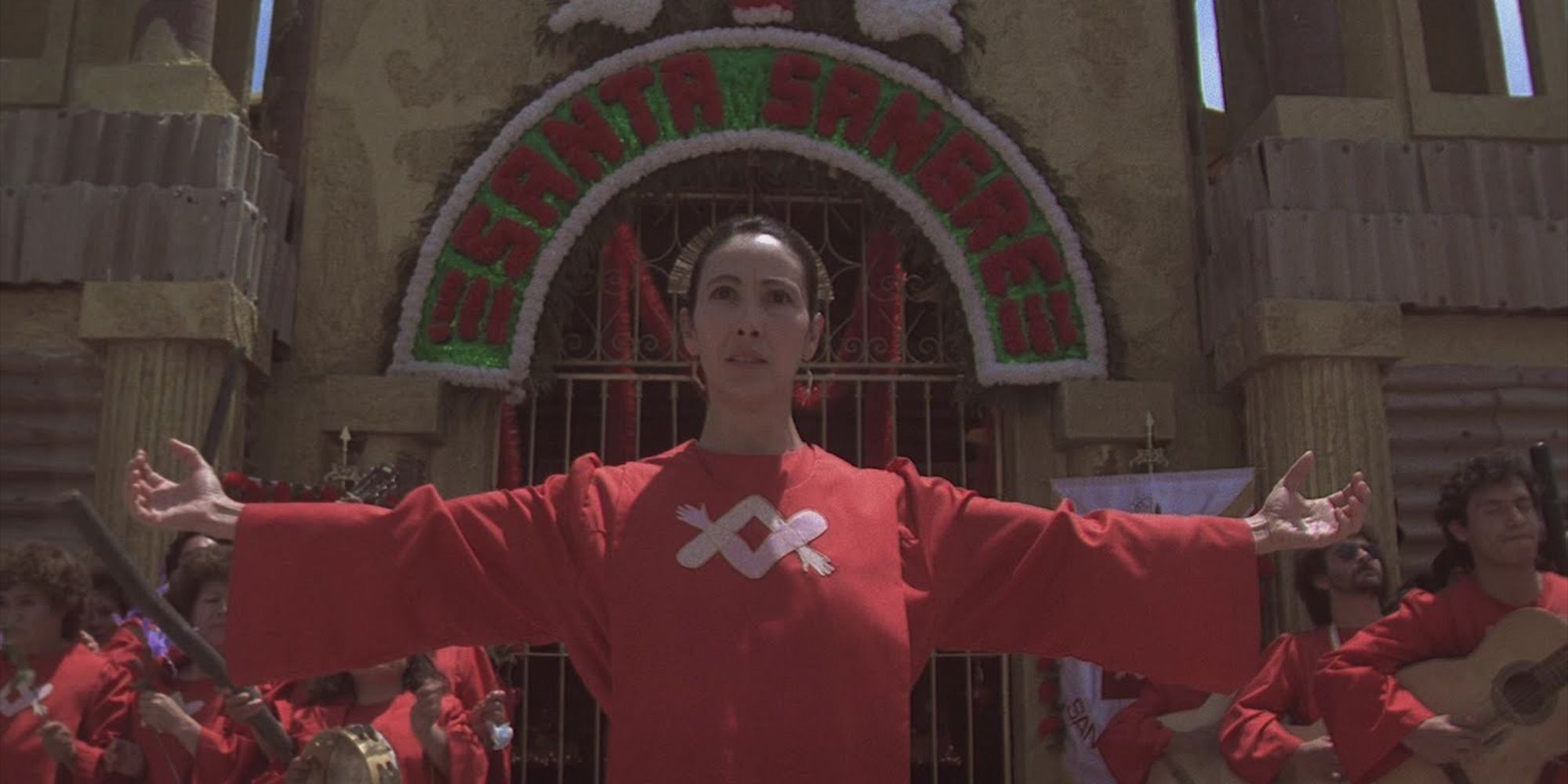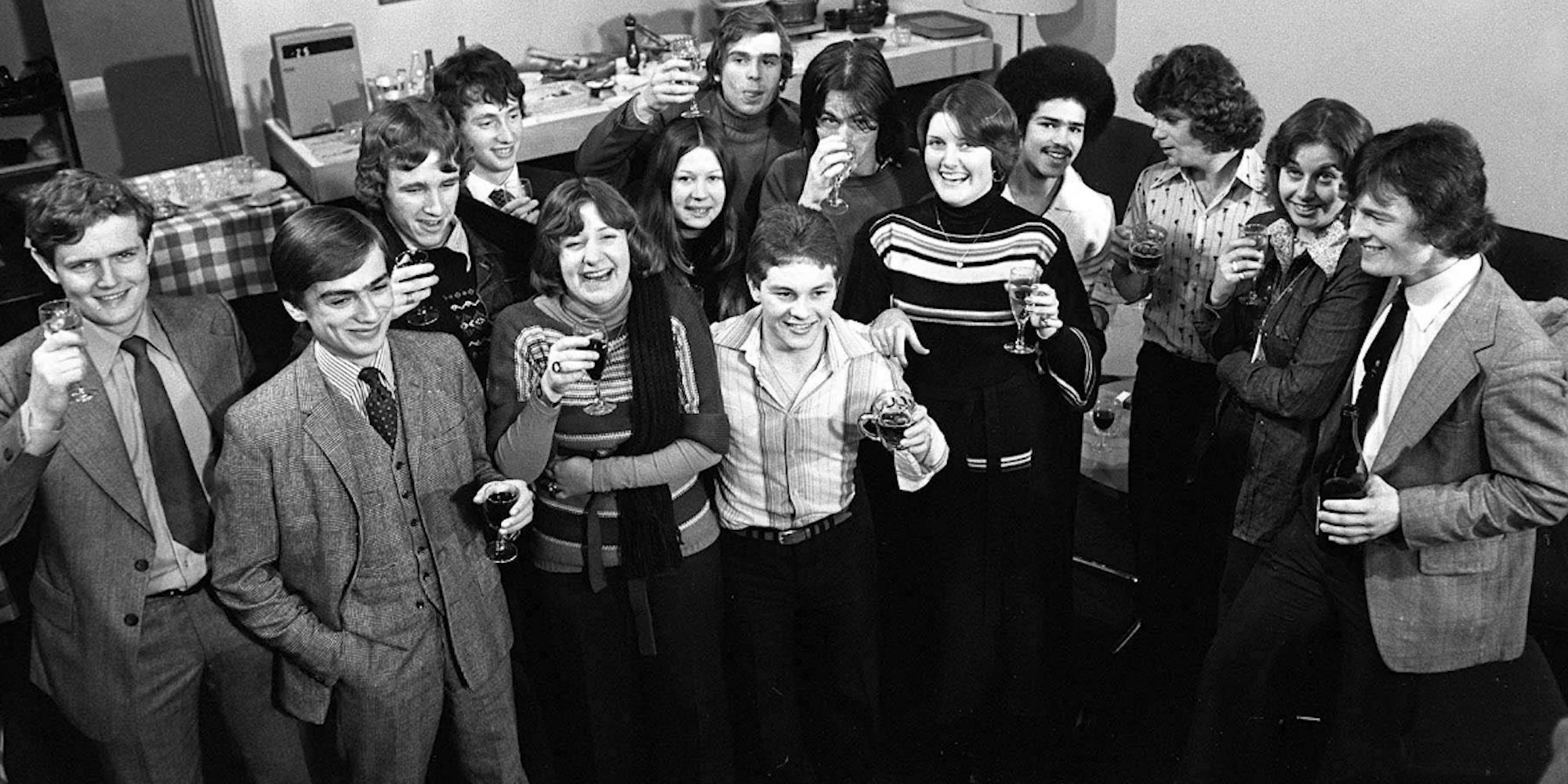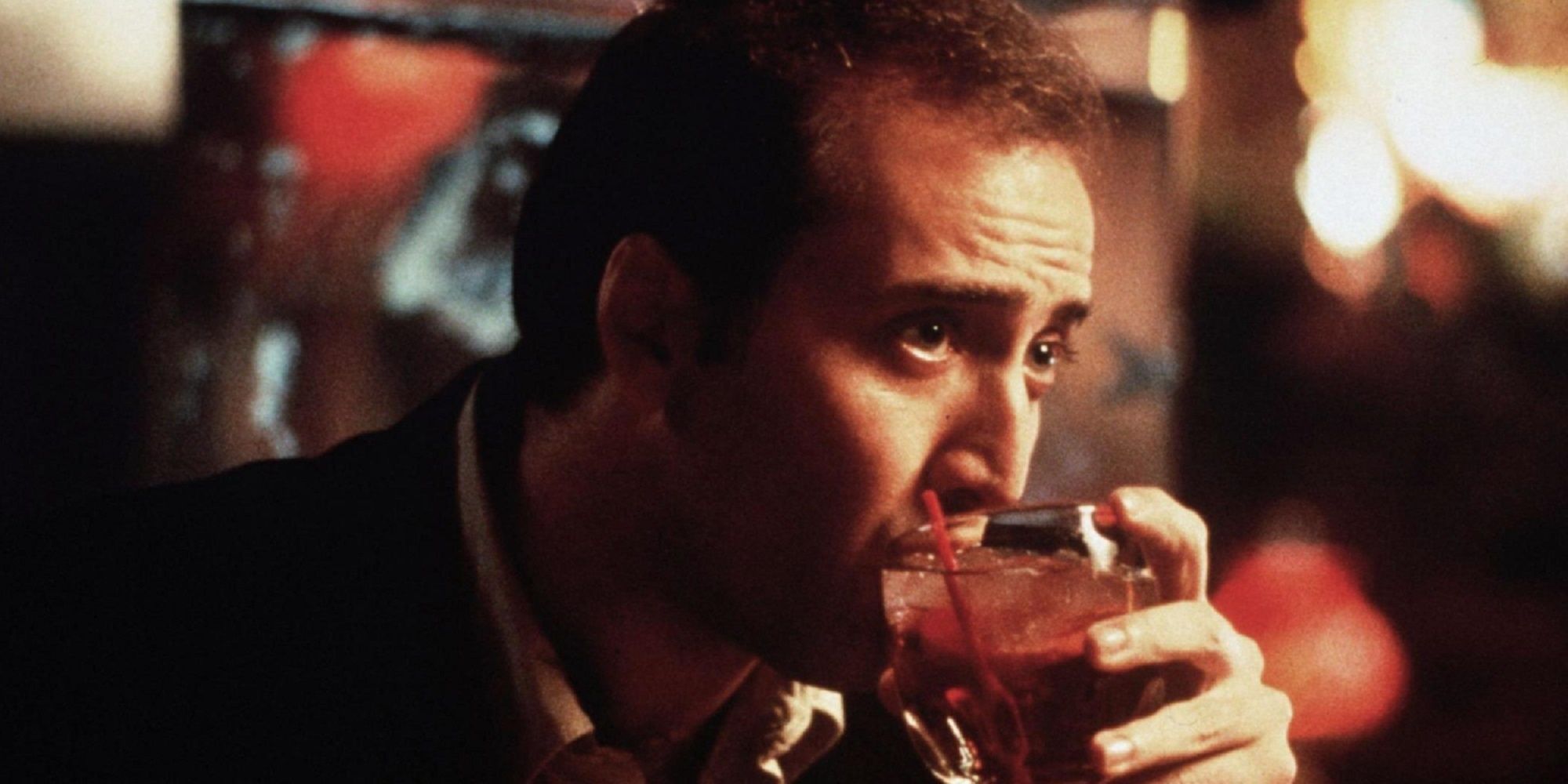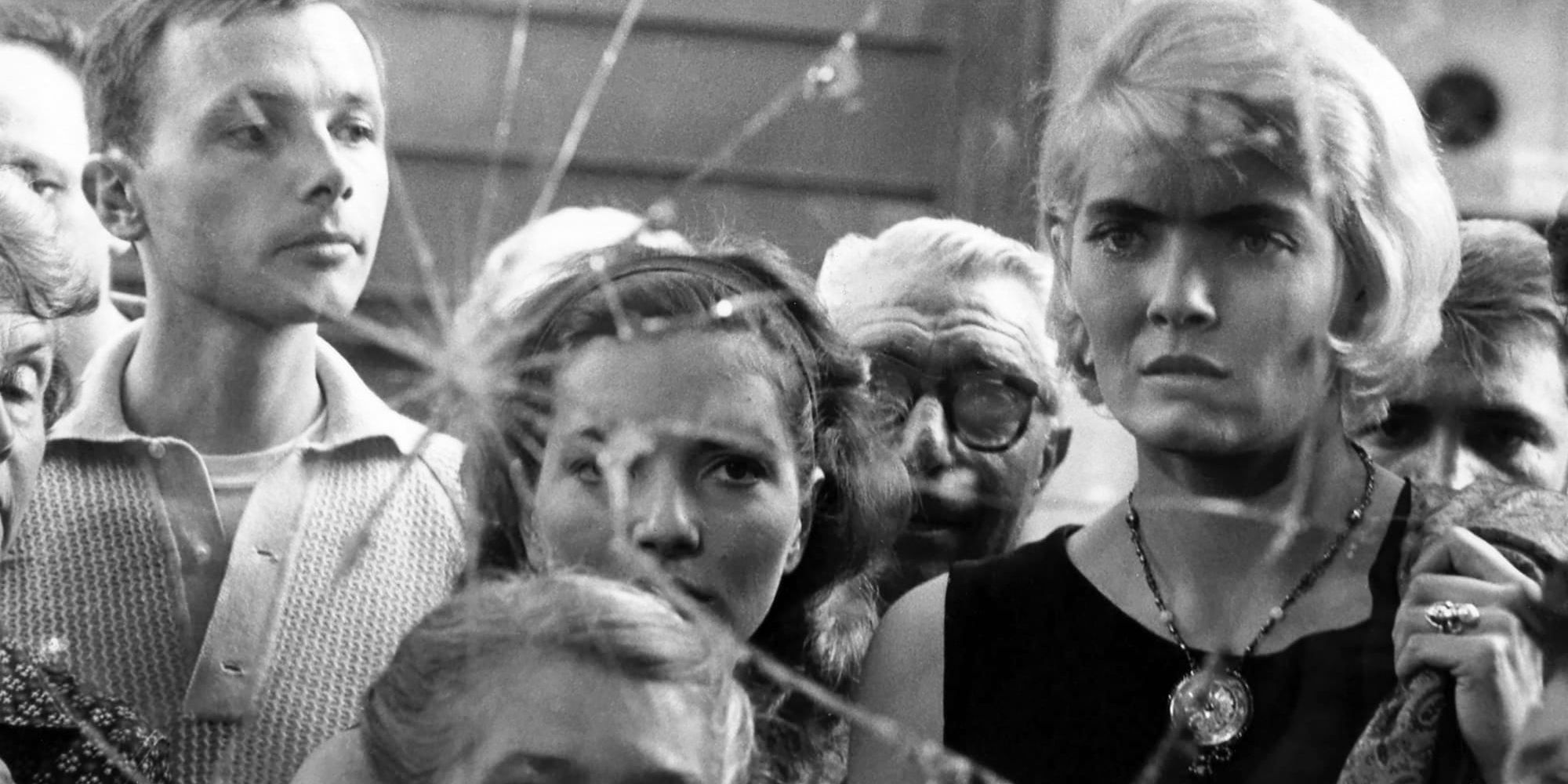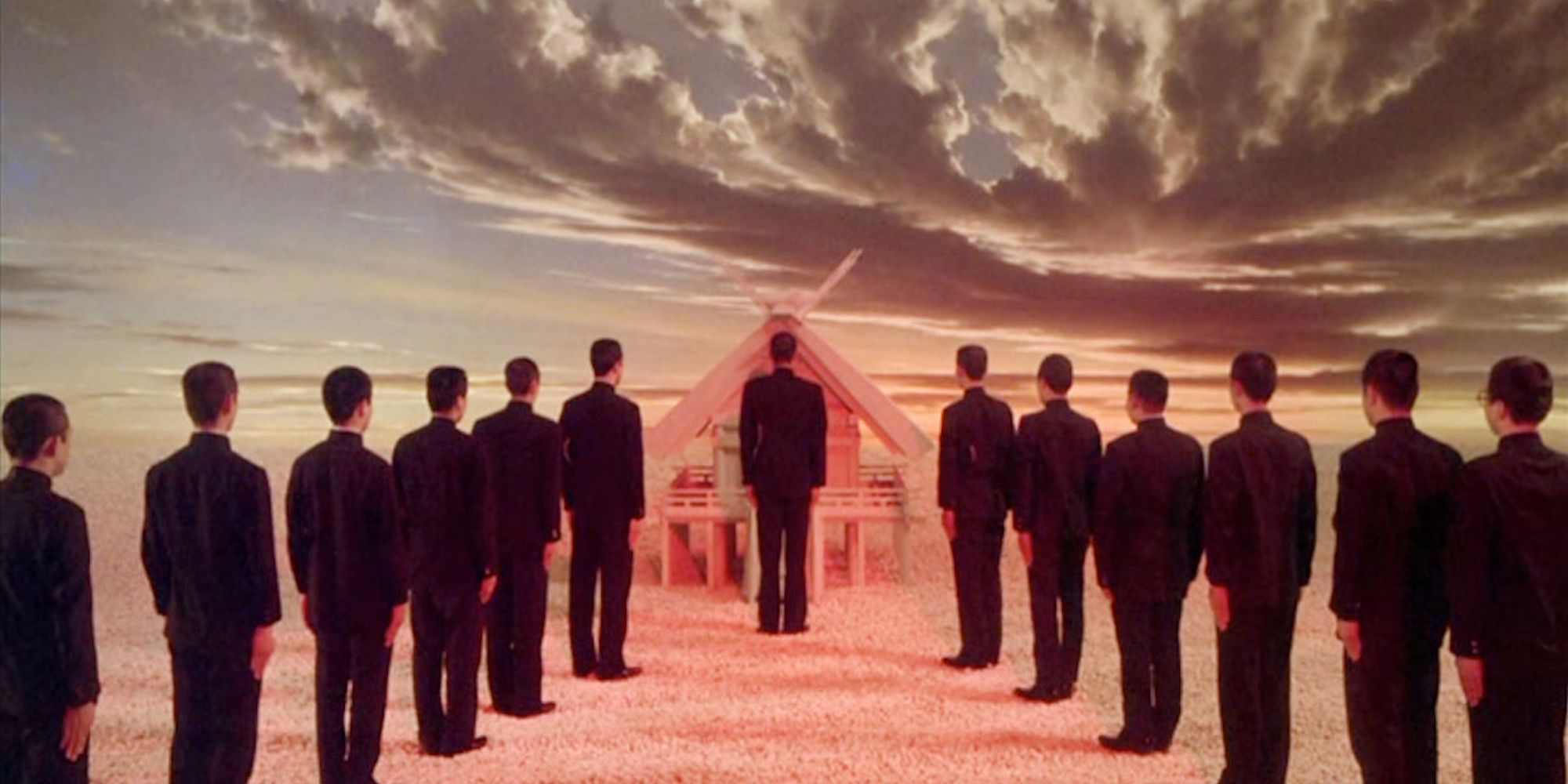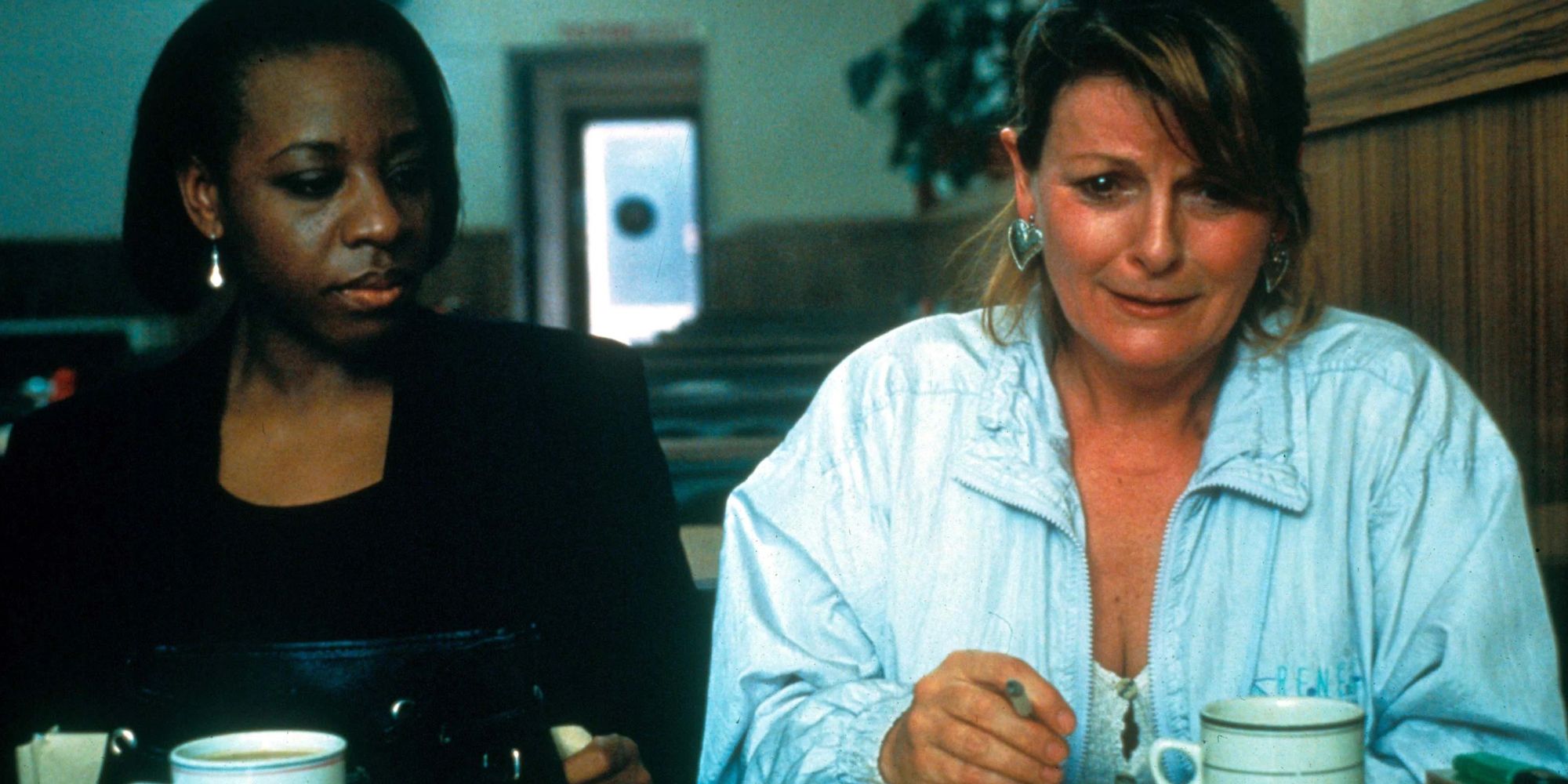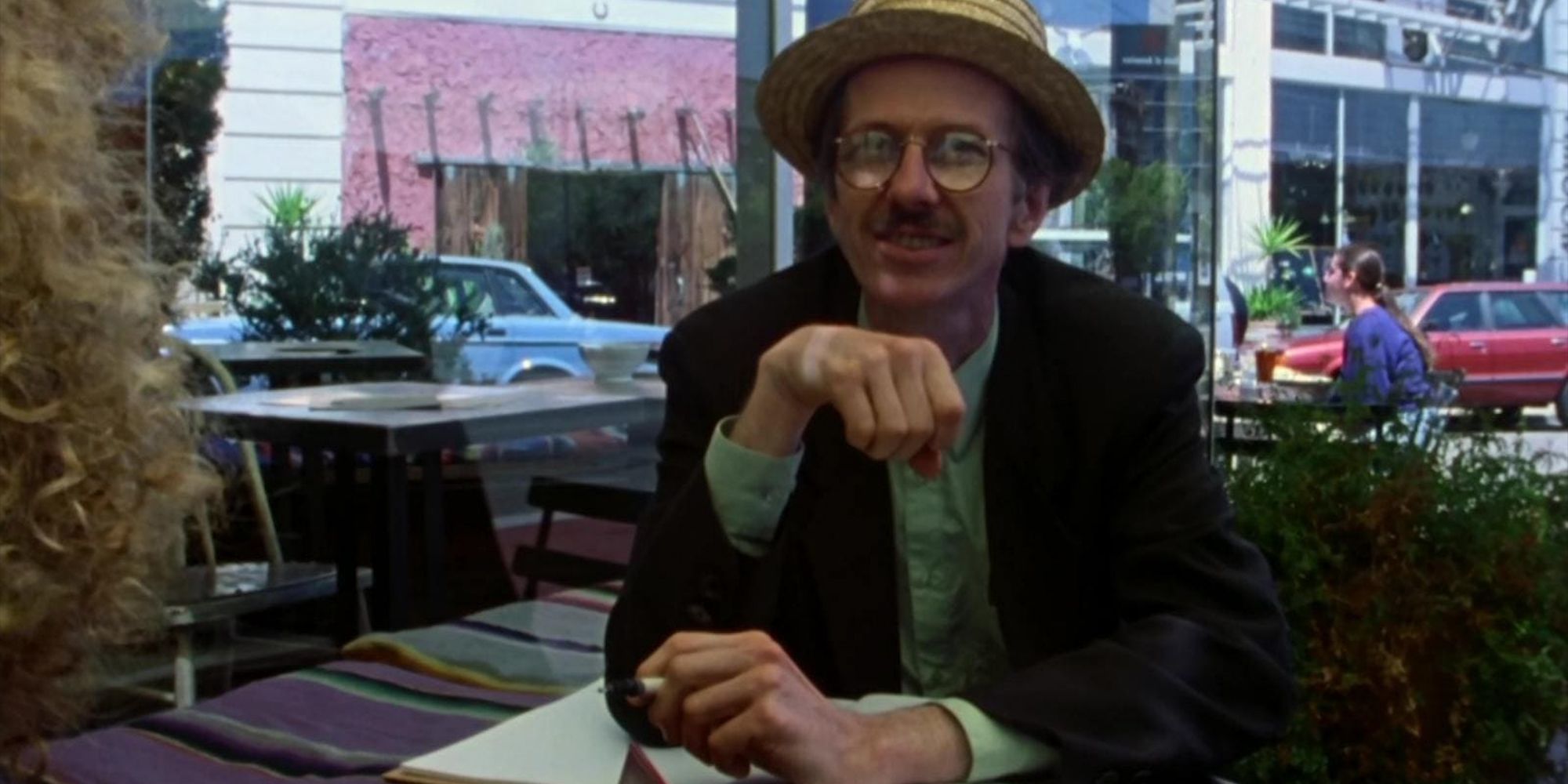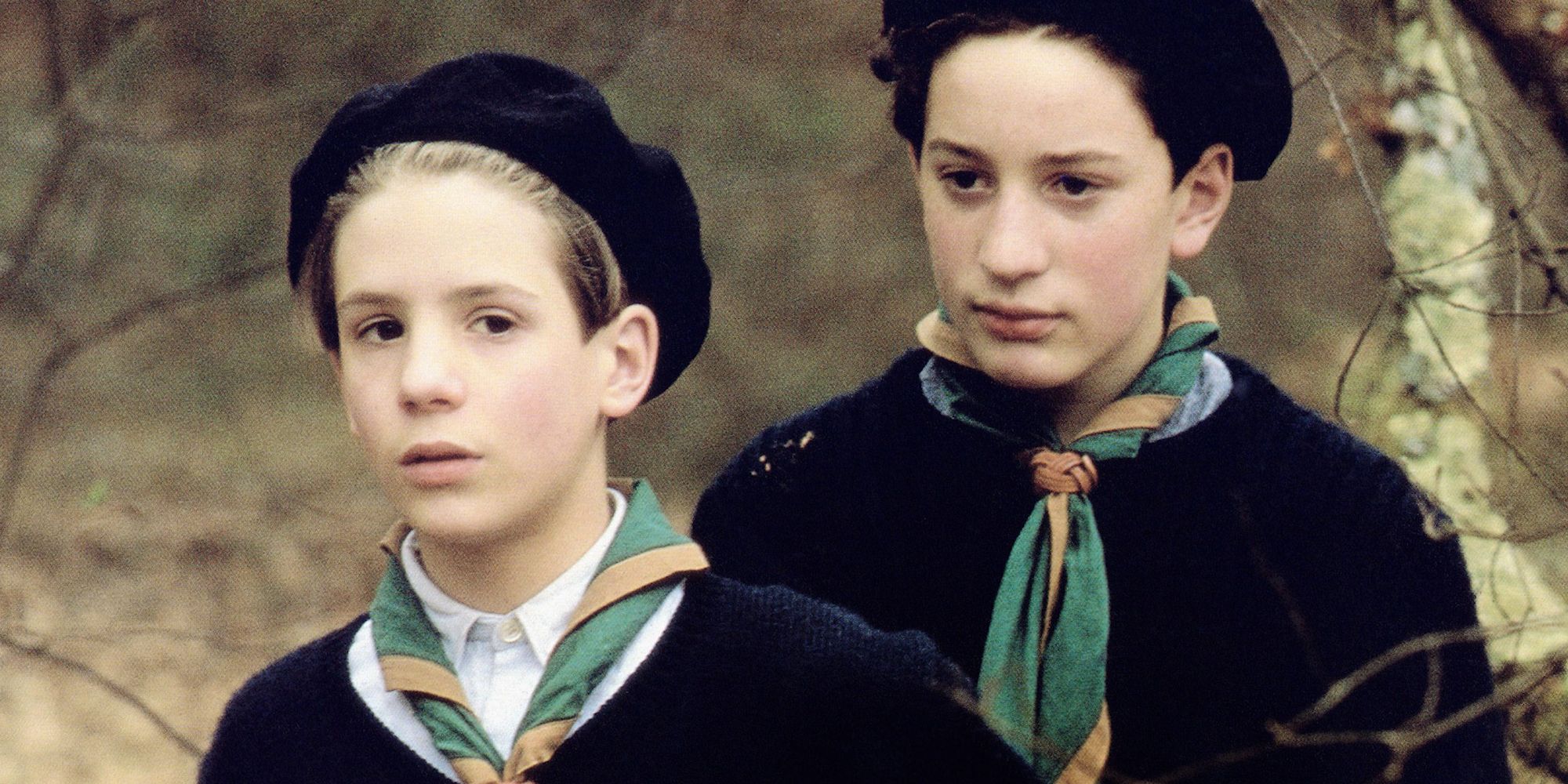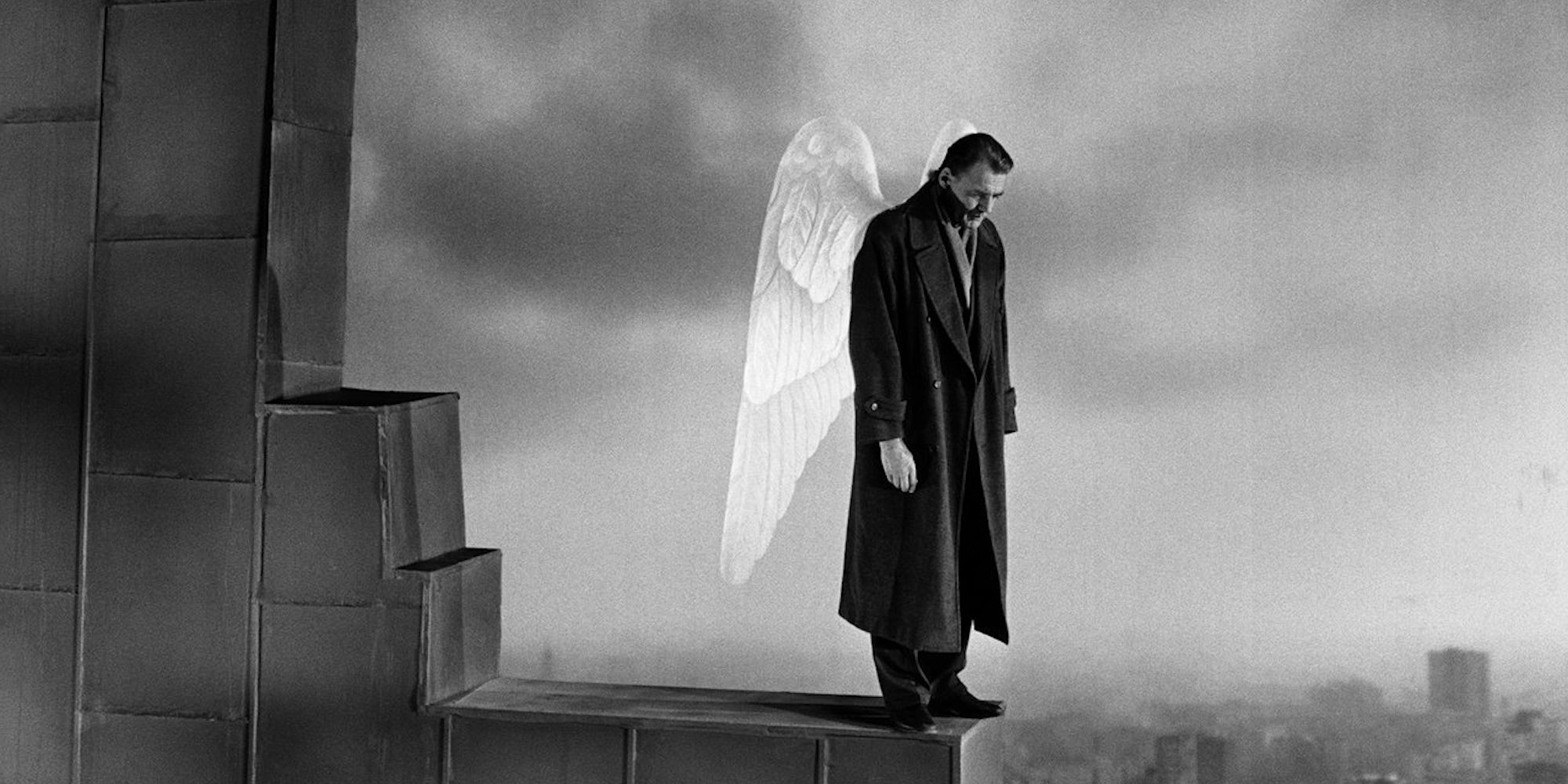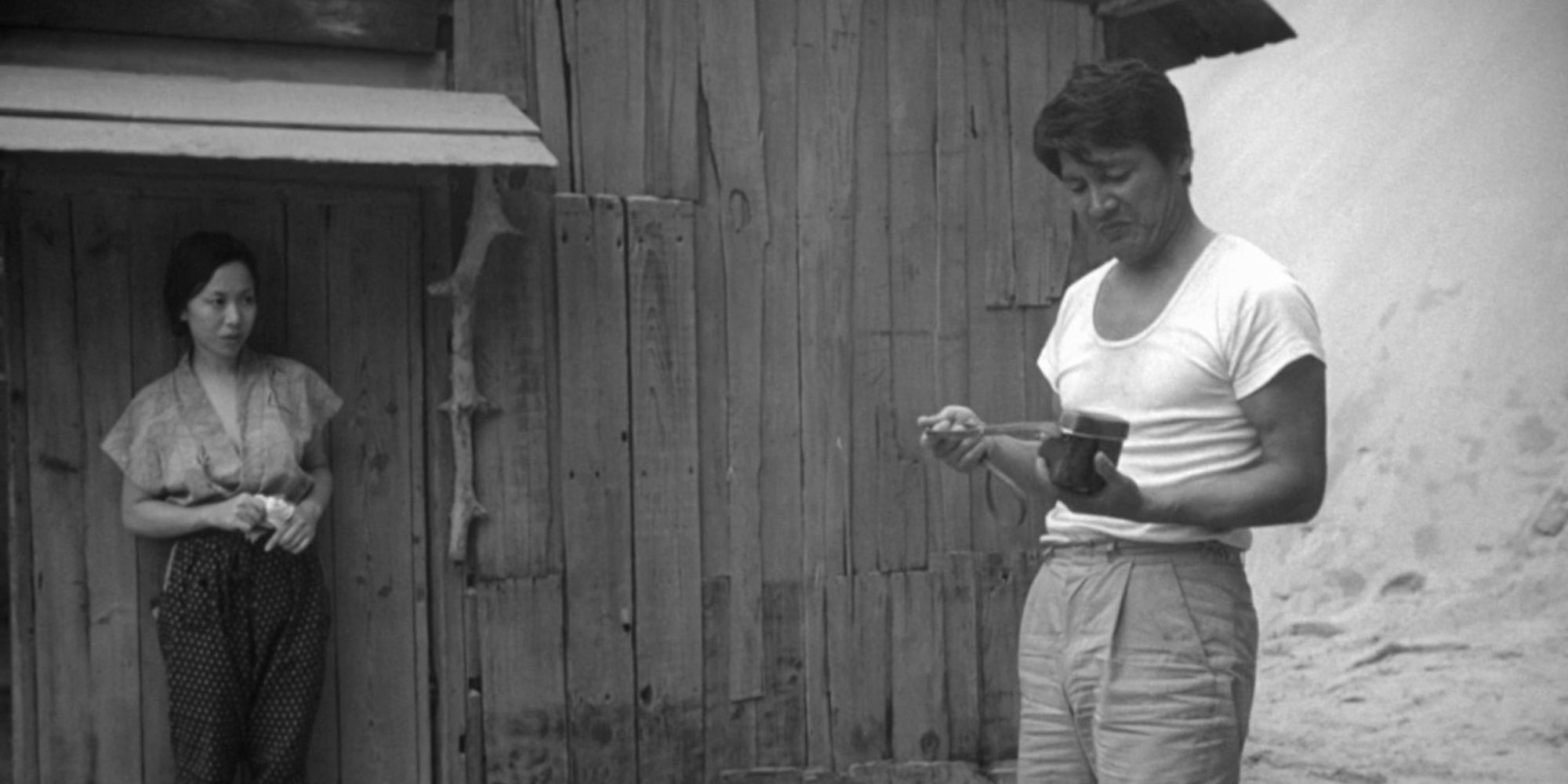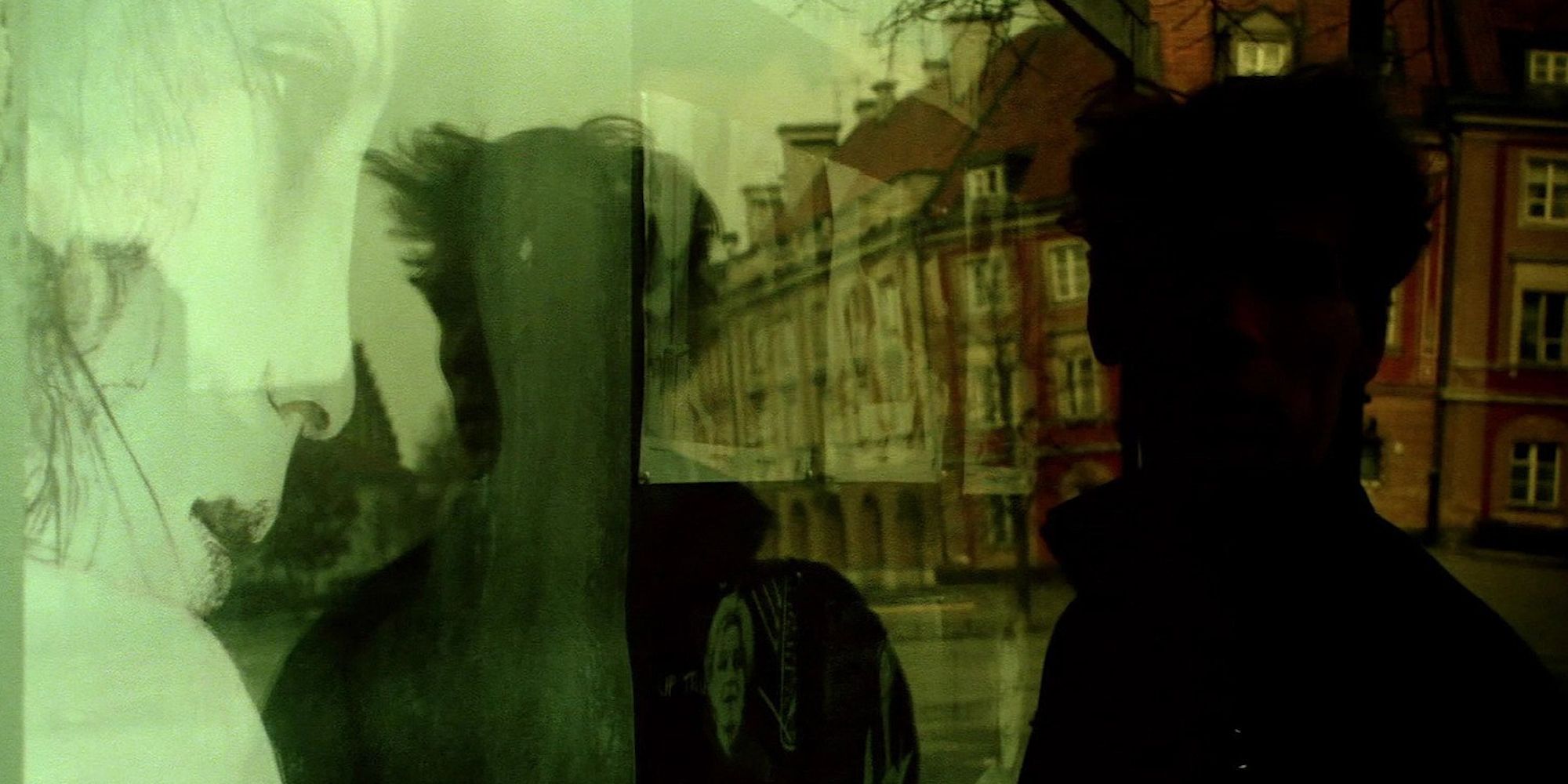Read update
- Roger Ebert's list of Great Movies is extensive, meaning there are plenty of gems for viewers to enjoy. Those looking for something a little more off-the-beaten-path might like some of the more under-the-radar films that he championed over the years. These films might not be widely appreciated, but Ebert gave them two thumbs up.
Roger Ebert was one of the most influential film critics of the 20th century and the first to win the Pulitzer Prize. His reviews radiate a love of film and life, which he retained to the end, even as he battled thyroid cancer. After he passed away in 2013, the outpouring of affection for Ebert was unlike any accorded to a movie reviewer before. Robert Redford called him "one of the great champions of freedom of artistic expression," while Barack Obama simply said, "Roger was the movies."
Over his career, Ebert published thousands of reviews. In the process, he famously compiled a list of "great movies" he considered the best, including classics and obscure gems. His list is worth exploring in its entirety, but for those in a rush, here are a few of the top underrated movies that many viewers may not yet have seen.
Updated on August 4, 2023, by Luc Haasbroek:
Roger Ebert's list of Great Movies is extensive, meaning there are plenty of gems for viewers to enjoy. Those looking for something a little more off-the-beaten-path might like some of the more under-the-radar films that he championed over the years. These films might not be widely appreciated, but Ebert gave them two thumbs up.
15 'Ripley's Game' (2002)
Tom Ripley (John Malkovich) is a retired criminal living a lavish life in Italy. After he finds out that his partner Reeves (Ray Winstone) was planning to cheat him, Ripley convinces a dying man in need of money (Dougray Scott) to carry out a hit for Reeves on a rival mobster. However, not everything goes according to plan.
Ebert called Ripley's Game "one of Malkovich's most brilliant and insidious performances; a study in evil that teases the delicate line between heartlessness and the faintest glimmers of feeling." He later added the film to his Great Movies list.
14 'The Pledge' (2001)
The Pledge is a psychological thriller directed by Sean Penn. Jack Nicholson stars as Jerry Black, a retiring detective who becomes deeply invested in solving the murder of a young girl found dead in the snow. Haunted by the failure to capture the killer, Jerry makes a solemn vow to the victim's grieving mother that he will find the culprit.
As the investigation progresses, Jerry descends into a psychological abyss, grappling with the thin line between justice and obsession. "Sean Penn shows himself in this film as a sure-handed director with great empathy for performance," Ebert wrote in his review, adding that "The Pledge may be Nicholson's finest performance."
13 'Heart of Glass' (1976)
Heart of Glass is a lesser-known early project from filmmaker Werner Herzog. It takes place in an 18th-century Bavarian village known for its precious ruby-red glass. When the village glassblower dies, he takes with him the secret formula for making the glass. The once-thriving glass industry collapses, leaving the townspeople in despair.
The film is meditative and lyrical, with a premium on striking imagery. "Herzog fascinates me," Ebert wrote on his site. "I feel a film like Heart of Glass comes as close to any single one of his titles to expressing the inchoate feelings in his heart."
12 'Santa Sangre' (1989)
Santa Sangre (Spanish for "holy blood") is a phantasmagoric horror from cult director Alejandro Jodorowsky. It stars Jodorowsky's son Axel as Fenix, a young man who was a magician in a circus as a child. Jodorowsky's other son, Adán, plays the young Fenix in flashbacks. We learn that Fenix had a traumatic upbringing, witnessing all kinds of violence. Eventually, Fenix's armless mother manipulates him into murdering several people. Santa Sangre tells the story of Fenix's fight to reclaim control.
Jodorowsky is undoubtedly one of the most creative directors of the 20th century, and that is on display in Santa Sangre. He has an eye for striking images and genuinely unsettling plots. Ebert called Santa Sangre one of the best horror movies ever made. It's perfect for fans of gruesome horror films à la Lars von Trier.
11 The 'Up' Docuseries (1964)
1964's Seven Up! is a unique must-see documentary that looked at the lives of fourteen British children; ten boys and four girls. The filmmakers then checked in on the kids every seven years for a follow-up film. Nine films in the series have been made, spanning 56 years, with the most recent entry premiering in 2019. The result is among the most detailed, intimate portraits of real life ever filmed.
The first film was conceived as an exploration of class in the UK. But as the films progressed, they became less political and more personal. They include in-depth interviews with participants regarding their work, family, relationships, and spiritual views. Ebert listed the Up documentaries among his ten favorite movies of all time, calling them "an inspired, even noble, use of the film medium."
10 'Leaving Las Vegas' (1995)
One of Roger Ebert's top-rated films, Leaving Las Vegas is a gripping drama about Ben Sanderson (Nicolas Cage), a Hollywood screenwriter who loses everything and tries to drink himself to death in Las Vegas. There, he meets Sera (Elisabeth Shue), a sex worker, and the two form a complicated and emotionally intense relationship.
Directed by Mike Figgis, The film's outstanding performances, notably those of Cage and Shue, earned them Academy Award nominations. Its honest depiction of addiction and the human propensity for self-destruction garnered it a cult following among fans. Leaving Las Vegas is a film that will emotionally exhaust viewers – it's a one-of-a-kind Las Vegas movie that will strike a chord with its raw performances, frank portrayal of addiction, and intricate relationships.
9 'Waking Life' (2001)
Receiving four stars from Ebert, Waking Life is an animated film that depicts a philosophical journey through the realm of lucid dreaming, with a wide cast of characters and a non-linear plot. The film delves into the nature of reality, life's meaning, and the power of the human mind.
The film, directed by Richard Linklater and starring Wiley Wiggins, contains breathtaking rotoscope animation that adds a surreal feel to the frenetic plot. The film's star-studded cast, which includes Ethan Hawke, Julie Delpy, and Steven Soderbergh, also helped to elevate the material. It's a must-see for fans of indie cinema and those searching for a movie that will test their preconceptions, thanks to its mind-bending animation, thought-provoking plot, and talented ensemble.
8 'Cléo from 5 to 7' (1962)
Cléo from 5 to 7 is a French New Wave classic movie about the titular Cléo (Corinne Marchand), an egotistical and self-centered pop singer who walks the streets of Paris for two hours while waiting for the results of a diagnostic exam that may indicate she has cancer. It's a path of self-discovery and introspection that will keep audiences guessing.
Directed by Agnès Varda, the film's remarkable combination of drama, humor, and existentialism made it a true standout at that time, making it one of Ebert's favorites on his site. Marchand's Cléo was also greatly commended for conveying the character's fragility and ego in equal measure. The French classic is a must-see for admirers of French New Wave cinema and those searching for a film that will make them rethink their own life.
Watch on The Criterion Channel
7 'Mishima: A Life in Four Chapters' (1985)
Mishima: A Life in Four Chapters, directed by Paul Schrader, dramatizes the life of one of the most influential Japanese writers of the 20th century. Yukio Mishima was born in 1925 and lived through a period of upheaval in his homeland. He experienced World War II as a teenager, including Japan's defeat by the American forces. For Mishima, this was not simply a military defeat but a cultural one. He despised the post-war political order and mass consumer culture.
As a young man, Mishima published several acclaimed novels which expressed his feelings of disconnection from modern Japan. Later in his life, he became increasingly radical and politically active, eventually forming a paramilitary group. Ultimately, this culminated in a misguided attempt to hold a military official hostage. Mishima remains a controversial figure in Japan, and Schrader's film brings his fascinating story to life. Ebert calls the 1985 film "the most unconventional biopic [he's ever seen], and one of the best."
Watch on The Criterion Channel
6 'Secrets & Lies' (1996)
Secrets & Lies is a drama by veteran British director Mike Leigh. Like much of Leigh's work, Secrets & Lies was improvised mainly by its ensemble cast and explores issues of class divides. It follows Hortense (Marianne Jean-Baptiste), a successful Black optometrist who was adopted as a baby and now seeks to find her birth family. To her surprise, Hortense discovers that her biological mother (Brenda Blethyn) is a working-class white woman from a dysfunctional background.
Mike Leigh's movies' strength is their realism. The plot is secondary; the focus is on seeing authentic characters grappling with everyday challenges. And the characters here are among the most well-drawn of any in Leigh's filmography, with Ebert highlighting the way the actors "use the disciplines of the stage as well as the screen." Jean-Baptise and Blethyn are exceptional, as are supporting actors Timothy Spall, Phyllis Logan, and Lesley Manville.
Watch on The Criterion Channel
5 'Crumb' (1994)
Meet Robert Crumb, an influential and irreverent underground cartoonist. This documentary – which Ebert describes as "eccentricity at its most extreme" – chronicles his development as an artist and his cynical attitudes toward modern American life. But most fascinating is how the film delves into Crumb's bleak childhood.
The film reveals how Crumb and his siblings suffered under their authoritarian father. Two of his brothers later developed severe psychological problems and met tragic ends. Fundamentally, Crumb seeks to explain why the cartoonist turned out the way he did. In the process, it crafts a compelling character study while managing to become a surprising cult classic over the years.
4 'Au Revoir les Enfants' (1987)
Inspired by real events, this drama tells the story of a French priest and headmaster who sheltered several Jewish children during the Nazi occupation of France. The film evocatively recreates France under Nazi rule: German soldiers patrol the streets, citizens whisper their rage at the collaborationist government, but mostly life continues. Ebert praises the way it naturally "evokes the daily life of a French boarding school."
Most of the action takes place at a boarding school, where the children are more or less sheltered from the realities outside — until they aren't. Interesting bit of trivia: Quentin Tarantino has said that the title of his first film was inspired by a customer at the video store where he worked who mispronounced Au Revoir les Enfants as "reservoir dogs."
3 'Wings of Desire' (1987)
This fantasy film from German director Wim Wenders puts a unique spin on the 'fallen angel' concept. Set in Berlin in the years before the fall of the Berlin Wall, it follows several angels who watch over the city's inhabitants, although they are powerless to influence events. One of these angels (Bruno Ganz) falls in love with a human (Solveig Dommartin) and chooses to become mortal to be with her.
Wings of Desire is a slow-paced and thoughtful film, more like a poem than a conventional narrative – Ebert points out how it "evokes a mood of reverie, elegy and meditation." It served as the basis for an American remake, City of Angels, starring Nicolas Cage and Meg Ryan. But the original is more impactful, maybe because Bruno Ganz is so good in the lead role.
Watch on The Criterion Channel
2 'Woman in the Dunes' (1964)
A classic of Japanese cinema, Woman in the Dunes is an innovative psychological drama directed by Hiroshi Teshigahara based on the eponymous novel by Kōbō Abe. It has a deceptively simple premise: an entomologist becomes trapped in a sand dune with a woman.
The film is known for its use of sound to create a wholly unique visceral viewing experience for audiences. As the man shovels sand to prevent being buried alive, viewers can feel the frustration, desperation, and even the heat of the desert through the movie's engrossing atmosphere. Of course, Woman in the Dunes is also renowned for its metaphorical and existential story, with the sand dune itself being a symbol for life, of which the protagonist toils against unavoidable death. Ebert calls Woman in the Dunes "one of the rare films able to combine realism with a parable about life."
Watch on The Criterion Channel
1 'Dekalog' (1989)
Dekalog is a ten-part series of Polish drama films, each an hour long and inspired by one of the Ten Commandments. All of them revolve around characters living in an apartment building in 1980s Poland as they confront various ethical dilemmas. However, Dekalog is not overtly religious. It's interested in morality in action instead of morality as an abstraction.
What could have been a dry and didactic series becomes a nuanced tale of moral choice, buoyed by excellent performances and an intelligent script. Ebert ranked it among his absolute favorites. Stanley Kubrick was also a fan of Dekalog, calling the series a "masterpiece."

